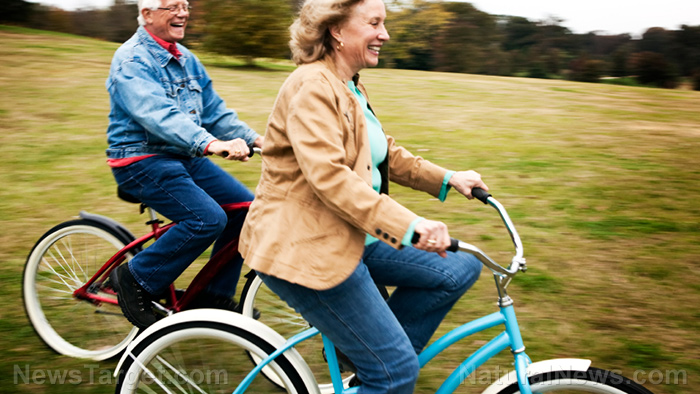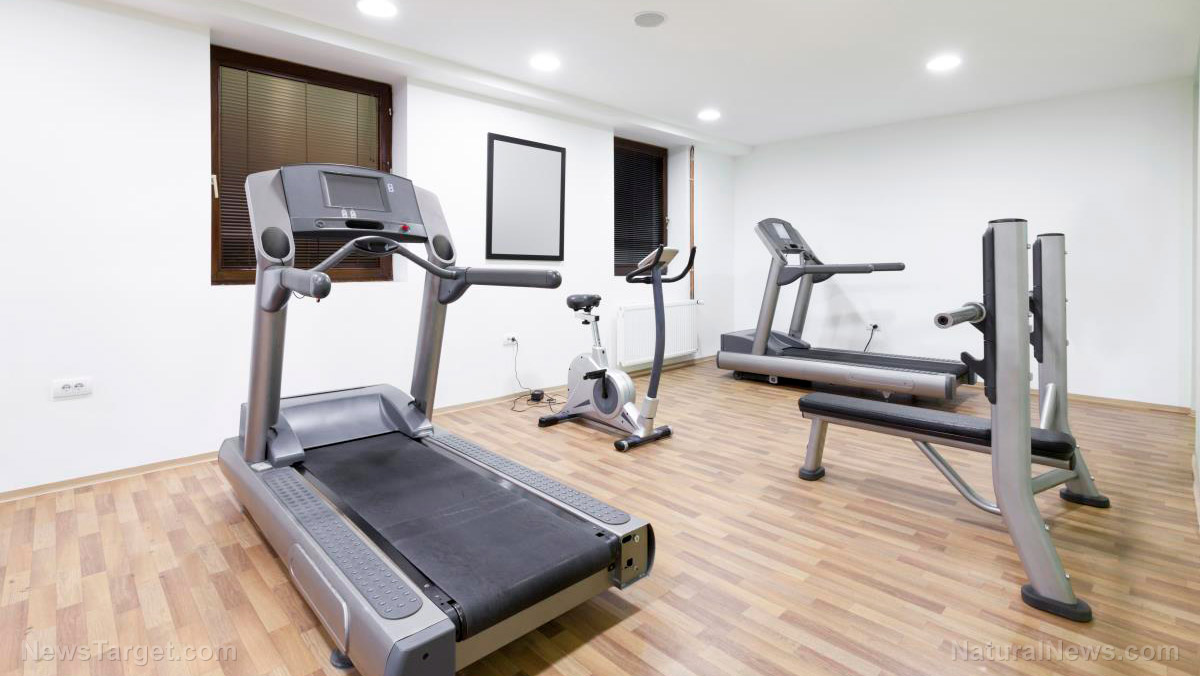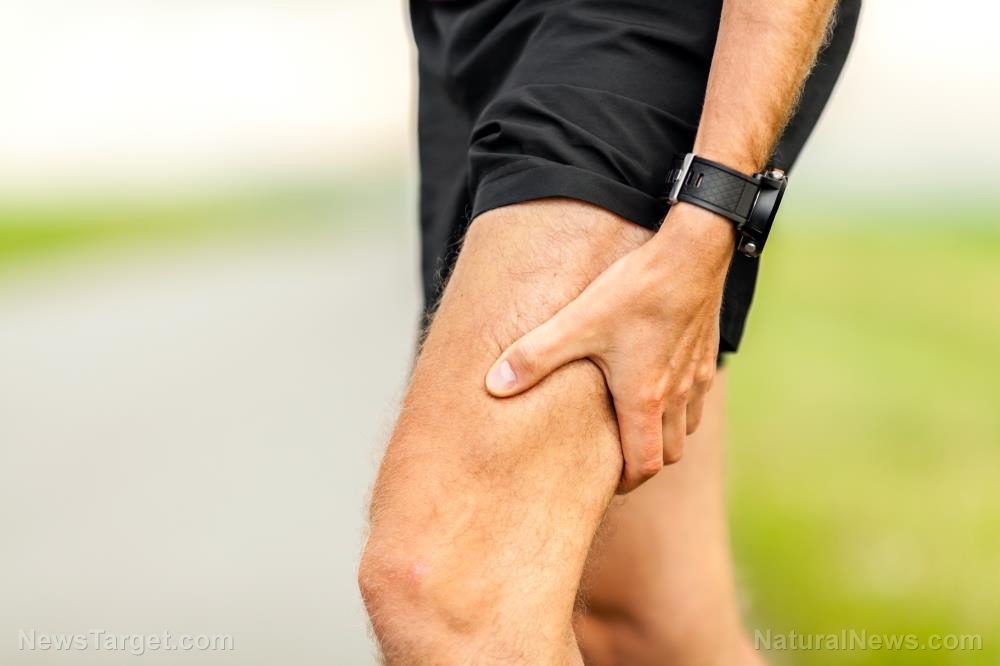Twice as many deaths are caused by physical inactivity compared to obesity, stunning study finds
03/06/2019 / By Rhonda Johansson

Brisk walking for 20 minutes every day could reduce your risk of premature death by as much as 30 percent, concludes researchers from the University of Cambridge, after studying more than 300,000 European men and women. The 2015 study found that twice as many deaths could be attributed to the lack of physical exercise compared to obesity, suggesting that there is a unique relationship between overall well-being and exercise — one that is independent of BMI.
It is general knowledge that exercising is linked to better health. However, the association was conceived to be linked to proper management of weight. People who exercise are less likely to be obese or overweight, and therefore less likely to be sick. Nevertheless, this new study suggests that exercise may have a distinctive effect in promoting better health regardless of weight.
This isn’t to say that obesity doesn’t have its own fair share of health risks. Those who carry excess weight on their person are at a higher risk of heart disease, diabetes, high blood pressure, stroke, sleep apnea, and some cancers.
Conversely, being excessively skinny is not good for one’s health, either. Depriving the body of essential nutrients can lead to hormonal imbalances, decreased bone mineral density, thinning hair, blotchy or yellow skin, and fatigue, among other health challenges.
Maintaining a healthy weight through proper diet and exercise is crucial to overall health and well-being.
Exercise should become part of everyday routine, prescribe doctors
For this study, published in the American Journal of Clinical Nutrition, researchers analyzed data from 334,161 men and women across Europe who participated in the European Prospective Investigation into Cancer and Nutrition (EPIC) Study. Over an average of 12 years, researchers measured each participant’s height, weight, and waist circumference, and cross-checked these measurements with a self-assessment to measure levels of physical activity.
It was found that people who were generally more active were less likely to die early compared to participants who led a sedentary lifestyle, even if they were obese. Thankfully, the risk of premature death was significantly reduced when participants exercised an equivalent of about 20 minutes of brisk walking each day. Walking for this length of time (or exercising to an equivalent of it) burned between 90 to 110 kcal, which would shift an individual from being “inactive” to only “moderately inactive.” The reduction of premature death was seen to be between 16 to 30 percent.
When the study was made, researchers estimated that 337,000 of the 9.2 million deaths among European men and women were attributable to obesity; however, around 676,000 (or almost double the number) could be attributed to physical inactivity. (Related: Cut your risk of premature death by more than half by just doing short bursts of exercise.)
“Just a small amount of physical activity could have substantial health benefits for people who are physically inactive,” concluded Professor Ulf Ekelund from the Medical Research Council (MRC) Epidemiology Unit at the University. “Although we found that just 20 minutes would make a difference, we should really be looking to do more than this — physical activity has many proven health benefits and should be an important part of our daily life.”
Simple exercises to try at home
If you want to start exercising, but don’t want to go to the gym (just yet), here are some exercises that can fit your training goals without leaving the house. (h/t to MensHealth.com)
- Press ups — This simple exercise strengthens your shoulder joints and prepares you for the progression to more demanding shoulder exercises.
- Dumbbell squat — Squats are an excellent, all-around exercise that builds overall strength.
- Plank — Planks are perfect for working out your core.
- Crunches — This is another essential workout for strengthening your core.
Read more articles about the benefits of exercise at Slender.news.
Sources include:
Submit a correction >>
Tagged Under:
Cures, exercise, fight obesity, fitness, longevity, men's health, mortality, obese, obesity, overweight, physical inactivity, premature death, prevention, sedentary, slender, women's health
This article may contain statements that reflect the opinion of the author
RECENT NEWS & ARTICLES
LongevityScienceNews.com is a fact-based public education website published by Longevity Science News Features, LLC.
All content copyright © 2018 by Longevity Science News Features, LLC.
Contact Us with Tips or Corrections
All trademarks, registered trademarks and servicemarks mentioned on this site are the property of their respective owners.




















